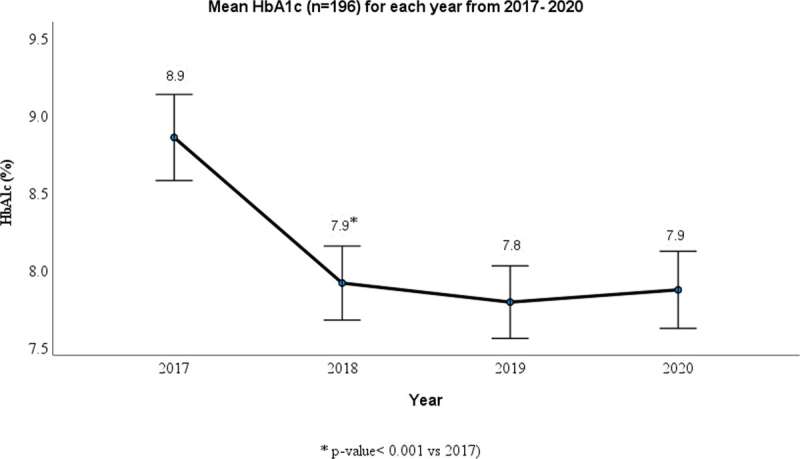This article has been reviewed according to Science X's editorial process and policies. Editors have highlighted the following attributes while ensuring the content's credibility:
fact-checked
trusted source
proofread
New approach to diabetes management helps improve patient outcomes

A new study by Western Sydney University researchers has found that a short 15–20 minute discussion between a local endocrinologist and general practitioner (GP) in Sydney's south west is improving the care of people with complex type 2 diabetes.
Published in the International Journal of Integrated Care, the three-year study is the first evaluation of "patient-free" diabetes case conferencing—a model where, with the patient's consent, an endocrinologist visits a GP practice, alongside a practice nurse or diabetes educator, to collaborate on the care of patients to develop a joint management plan for the patient.
The study found blood glucose (HbA1c), blood pressure, weight, as well as other cardiovascular risk factors all improved following the three-year trial involving more than 600 patients with type 2 diabetes from 40 general practices across south western Sydney.
Blood glucose results substantially improved between 2017 and 2020, with more than a third (37%) of patients within the target range compared with just one in five (20%) before the program.
In addition, more than three quarters (77%) of patients were recording systolic blood pressure within the target range on follow-up, compared with less than half of patients (47%) in 2017.
Co-author Professor David Simmons, Head of Endocrinology at Campbelltown Hospital and from the University's School of Medicine said the study found the model made a significant contribution to diabetes management in primary care settings.
"Diabetes is a significant health issue in south western Sydney and it is critical we work together to find more effective, integrated and streamlined ways to manage patients and improve outcomes," said Professor Simmons.
"The findings from this study show how a collaborative discussion between a GP and endocrinologist where the patient is not present, can be one of the most effective integrated diabetes care interventions.
"This can allow the GP to continue to care for the patient in the practice, avoiding the need to see an endocrinologist in person. The collaboration also helps build the GP's expertise in managing their other complex patients and the endocrinologist learns more about the patient from the GP which facilitates truly patient-centered care."
The findings add to the evidence suggesting that case conferencing programs can help close the gaps in service provision such as barriers between different settings, improve the patient experience by accommodating more complex cases in primary care and reduce duplication of care.
Co-author Ms. Reetu Zarora, a Ph.D. student at Western Sydney University, highlighted how the model of care doesn't just save time and resources in primary care settings but also has a positive impact more broadly on the health system.
"This is a real win-win-win for patients, GPs and the health system: patients get specialist input into their care without any extra time or cost, GPs can continue to manage their patients using their extra knowledge, and the health system has less demand on hospital clinics, potentially reducing and preventing hospitalizations in people with complex diabetes compared with usual care. This should reduce diabetes-related health issues," said Ms. Zarora.
"In addition, the case conferencing model through the study was shown to be suitable in both urban and rural settings where a number of participating practices support large multi-ethnic populations with varying socioeconomic status.
"This points to the potential for broader applications of the model of care including in regions with resource restraints and diverse populations."
More information: Reetu Zarora et al, Effectiveness of Diabetes Case Conferencing Program on Diabetes Management, International Journal of Integrated Care (2023). DOI: 10.5334/ijic.6545




















